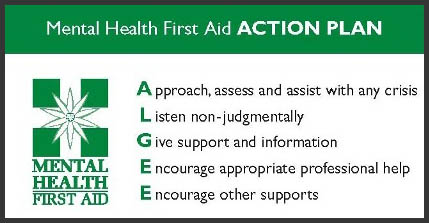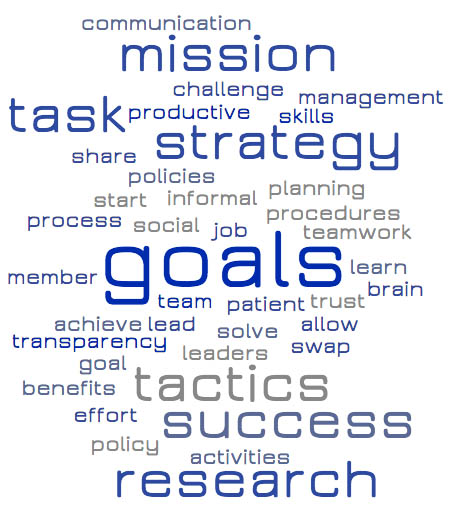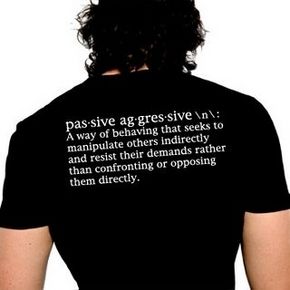Over the weekend I was having a chat with someone who’s been having a bit of a hard time coming to terms with some changes in their life. She spent a fair while telling me in some detail about the negatives, the unhappy-making things, and the things that cause her dissatisfaction. The list was long, with most of the issues carried forward over many years and none of them seeming to have any clear pathway to resolution.
It took me back to my mental first aid training last year. At the time the instructor stressed that, as often as not, people just need someone to hear them. That talking through an issue can make a huge difference in terms of coping and moving forward. So I listened.

When the conversation moved on, I found myself asking what sorts of things make her happy. Just simple, everyday things. Her response was, ‘I’ve never really thought about life that way.’ That made me sad.
But here’s the thing: life’s full of potentially unhappy-making events and experiences. They’re there, right in front of us or lying in wait around unexpected corners or concealed in the strangest of places. Every day. But so are happy-making things.
Happy-things don’t have to be epic happies, like successfully completing a project, or finding a solution to global warming, or resolving a relationship issue. They can be things as seemingly-trivial as taking a moment’s pleasure in sunshine on your shoulders, or someone smiling at you on the train, or seeing a dog chasing a ball in the park. It can be anything that, in that moment, makes you smile. That smile – that moment when your face softens and your eyes sparkle – that can be your positive for the day. If you let it.
It may sound a bit self-help and twee, but I’ve found that outlook makes an enormous difference to coping with all the weird stuff that life throws my way. Actively choosing to be receptive to the joy in the small stuff, making a conscious decision to look for happy things, changed how I looked at the bigger issues as well.
So, perhaps, dear friend, since the big issues are so very big and have no endgame in sight, perhaps try changing how you think about life. See if it helps to make a conscious decision to try to take pleasure each day in the small things, in the everyday things – and let’s catch up again next week and see how you’re travelling.






